On a pitch-black August night, nine battle-ready Indian army soldiers silently take up positions at the entrance of a forbiddingly steep Himalayan ravine. Weapons primed, the men, in camouflaged combat fatigues and faces painted to merge with the dense undergrowth, use handheld thermal imagers to scour the moonless night for intruders. A rustling in the distance provokes a fusillade of gunfire for several minutes, until Subedar Gulsher Khan, 49, signals his men to stop. “It was only a panther,” he explains later, for once relieved that the prowler got away. “A Pakistani would find his grave right here on the Line of Control (LoC),” the veteran troop leader says grimly.
Soldiers patrolling the 772-km LoC between Pakistan and India in Jammu and Kashmir are evidently on edge. The firing by Khan and his trigger-happy troopers on the night of August 28 a short distance from Jogi, their post in the Teetwal sector, 230-km northwest of Srinagar, drew an instant response from Pakistani positions 400 m away. Intermittent firing, not particularly targeting each other but more to mark a wakeful presence, continued until daybreak.
This is part of a seemingly unstoppable escalation in violence that began on January 8 with the beheading of two Indian jawans-Lance Naik Hemraj and Lance Naik Sudhakar Naik-in Jammu’s Mendhar sector. Till September 29, when Prime Ministers Manmohan Singh and Nawaz Sharif, in New York, tried to resolve the impasse on the loc, there have been nearly 150 skirmishes resulting in casualties on both sides, including 26 Indian soldiers.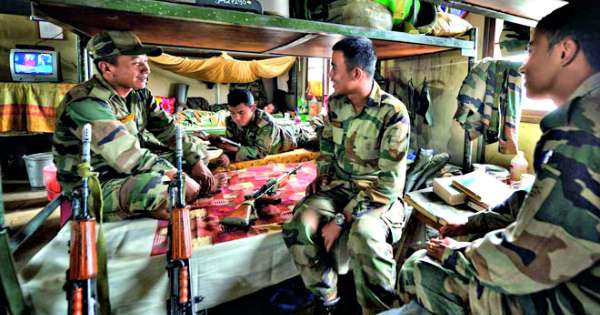
Life under constant threat in the most hostile terrain on India’s frontier is clearly taking its toll on men of the Indian Army’s celebrated Richhmar Battalion, deployed in the Tangdhar area on precipitous ridges at altitudes between 7,500 and 9,500 ft. “I’ve done this at least once, sometimes twice, every other day, for the last two years,” Naik Anil Kumar, 32, says, as he negotiates an impossibly inclined and deeply rutted road in his 4wd Gypsy. Climbing sharply for over 3,000 ft, the 22-km dirt track stops nearly 500 ft below the battalion’s field headquarters at Jogi.
Gulsher Khan’s ambush party traverses many kilometres along the tightest, often non-existent, trails in pitch dark to get back to Jogi. “Pakistanis and panthers aren’t the only dangers here,” says Rakesh Kumar. The 28-year-old sepoy, who took a 200 ft tumble after a wrong step on the way home, is nursing a deeply-gashed shin and multiple bruises on his torso. “I managed to grab some bushes, otherwise I’d be on my way home to Mathura in a dibba (box),” he grins sheepishly. Kumar was fortunate he did not trigger one of the thousands of anti-personnel mines spread across the mountainsides.
Back at the post, the boys attend a mandatory debriefing session before they can indulge in the luxury of a brief wash to rid themselves of sweat and face-paint. Water, pumped from a mountain spring at the base of the 9,000-ft-high Karachi Tip, a Pakistani post, is scarce. “If you’re lucky you’ll find the time and a bucket of lukewarm water for a bath every fifth day,” says Lance Naik Jabeer Ali. He doesn’t mind; he’s used to worse water shortages in his village Bhaaru in Rajasthan’s Jhunjhunu district.
Grenadier Vir Bahadur, 20, joined the paltan (battalion) this January. He has spent the past eight months in a subterranean bunker manning a medium machine gun with its sights set on Pakistani posts on the other side of a deep gorge cut by a turbulent tributary of the Neelum river as it briefly fords the loc into India near Pakistan’s Nausheri village. Still shy of a decent stubble on his chin, the youngster shares the soggy underground with a million millipedes. The insects infest every inch of the 400 m-long maze of tunnels that connect the battalion’s operations room with a profusion of steel-reinforced pillboxes. One has to crouch really low, but the pain is well worth it as Pakistanis can’t see you.
Protected from enemy eyes by the mountain they hold, the men can stand down and occasionally relax-a breakfast of hot poories with bhaji or chhole, followed by an intense standoff on the carrom board. The manoranjan kaksh (recreation room) at Jogi may be basic but they love it-a flat screen TV with a cable connection and a set of ludo and snakes & ladders. The somewhat-limited selection of reading material includes dog-eared titles of Dhanwaan kaise bane, Gun ka faisla, and Tiranga phaerayenge Pakistan mein.
“This is luxury,” says Naik Subhash, 35, who spent several months with a platoon at Kela, a forward post at 9,200 ft that gets snowed under and cut off for more than four months every winter. An arduous, six-hour climb from Jogi, the post is a similar maze of steel-covered trenches and bunkers, from which soldiers never stick their head over ground level. Like two other Richhmar Battalion positions, Veera and Roopa, the post is less than 50 m from Karachi Tip and Pak Neck, manned by one of the Pakistan Army’s Mujahid Battalions.
When his ailing father passed away last winter, it took three days to convey the news to Subedar Mahesh Kumar, then in command of the platoon at Kela. “There were no means of extricating him, other than a death-defying climb down the snow-covered ridge,” battalion commander Colonel Vivek Gupta, 39, recalls. “Mahesh chose to stay back,” he says.
Within shouting distance of each other, mocking verbal exchanges are routine: “Aao dost chai peeyenge (Come and have tea, friend),” Pakistani soldiers try to draw out the Indians, who invariably respond with an offer of “real tea all the way from Bangladesh”. The seemingly friendly banter quickly regresses into angry exchanges of obscenities or long, silent interludes. “Those chaps (Pakistani soldiers) speak in an unfamiliar Punjabi dialect that our boys never fully understand,” says Naik Subhash.
Four of the fiercest Gaddi (Himalayan Mastiff) dogs zealously stand guard besides their uniformed masters at the Jogi post. Musharraf, Chashmish, Panji and Sheroo, each capable of taking down an armed intruder, don’t miss a thing. The battalion’s fifth canine, Ganpat, who ambled over to a Pakistani post three months ago, was chased away by the rest when he returned three days later. The loathing across the loc is palpable and seems to transcend human boundaries.
Follow the writer on Twitter @Asitjolly
Source: indiatoday.intoday.in



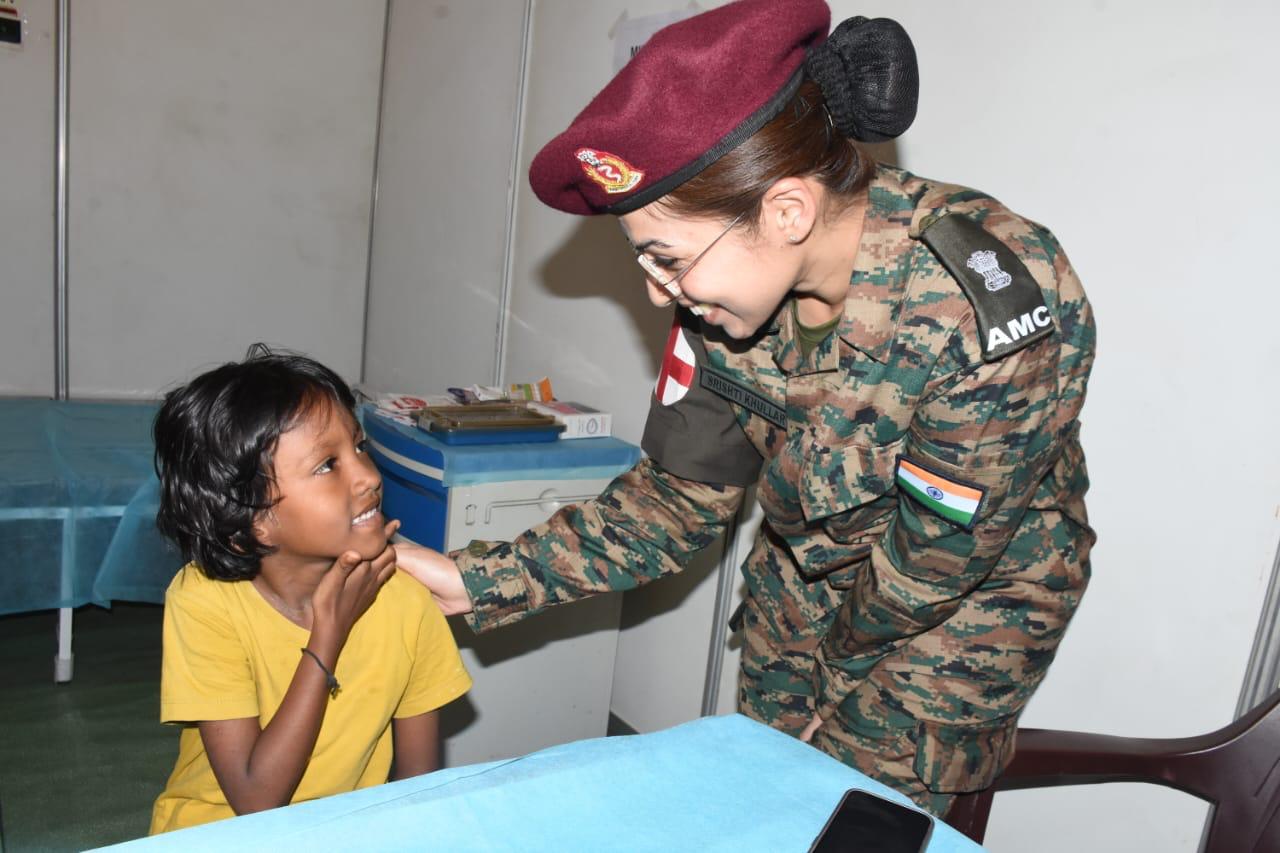
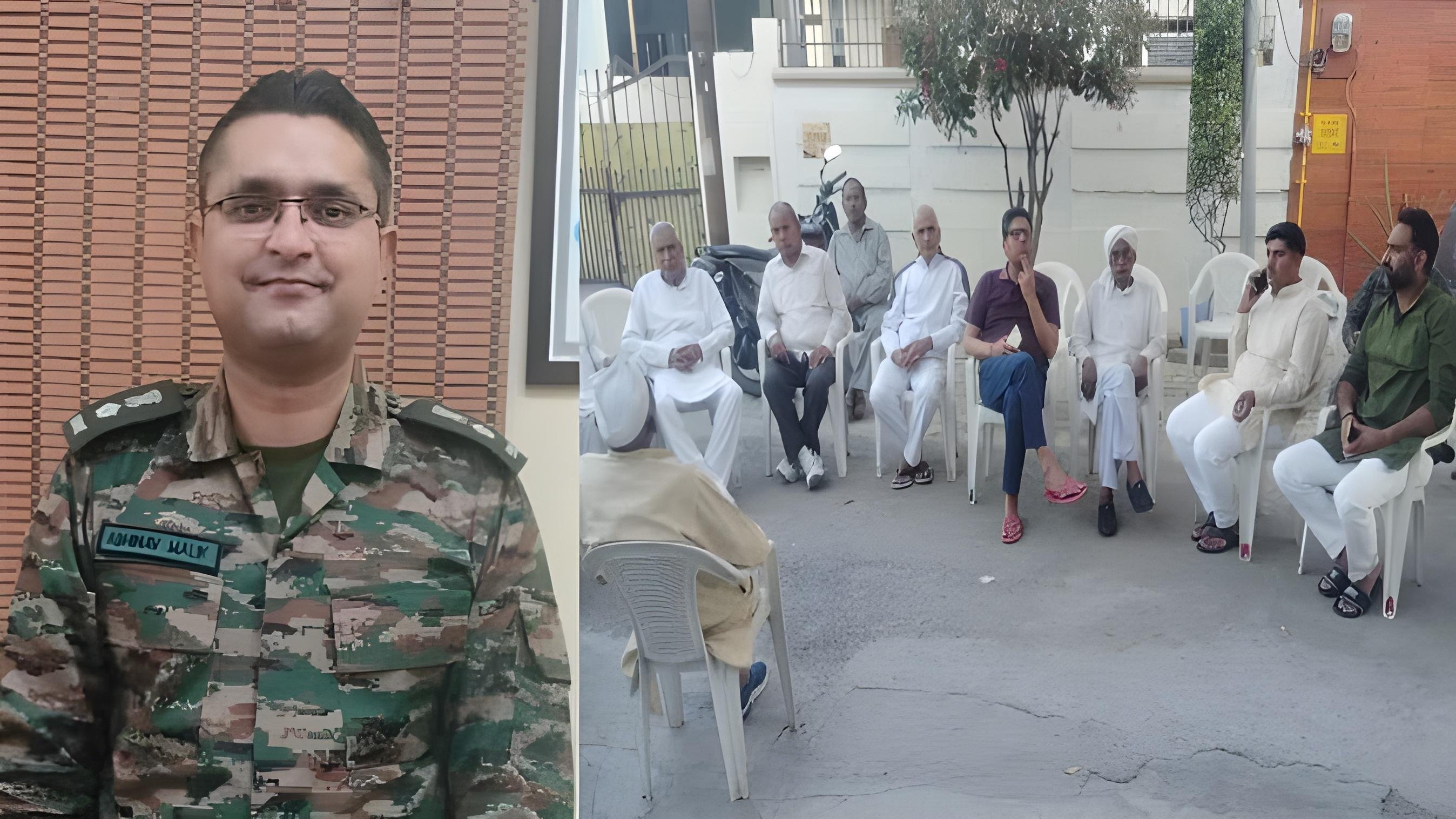
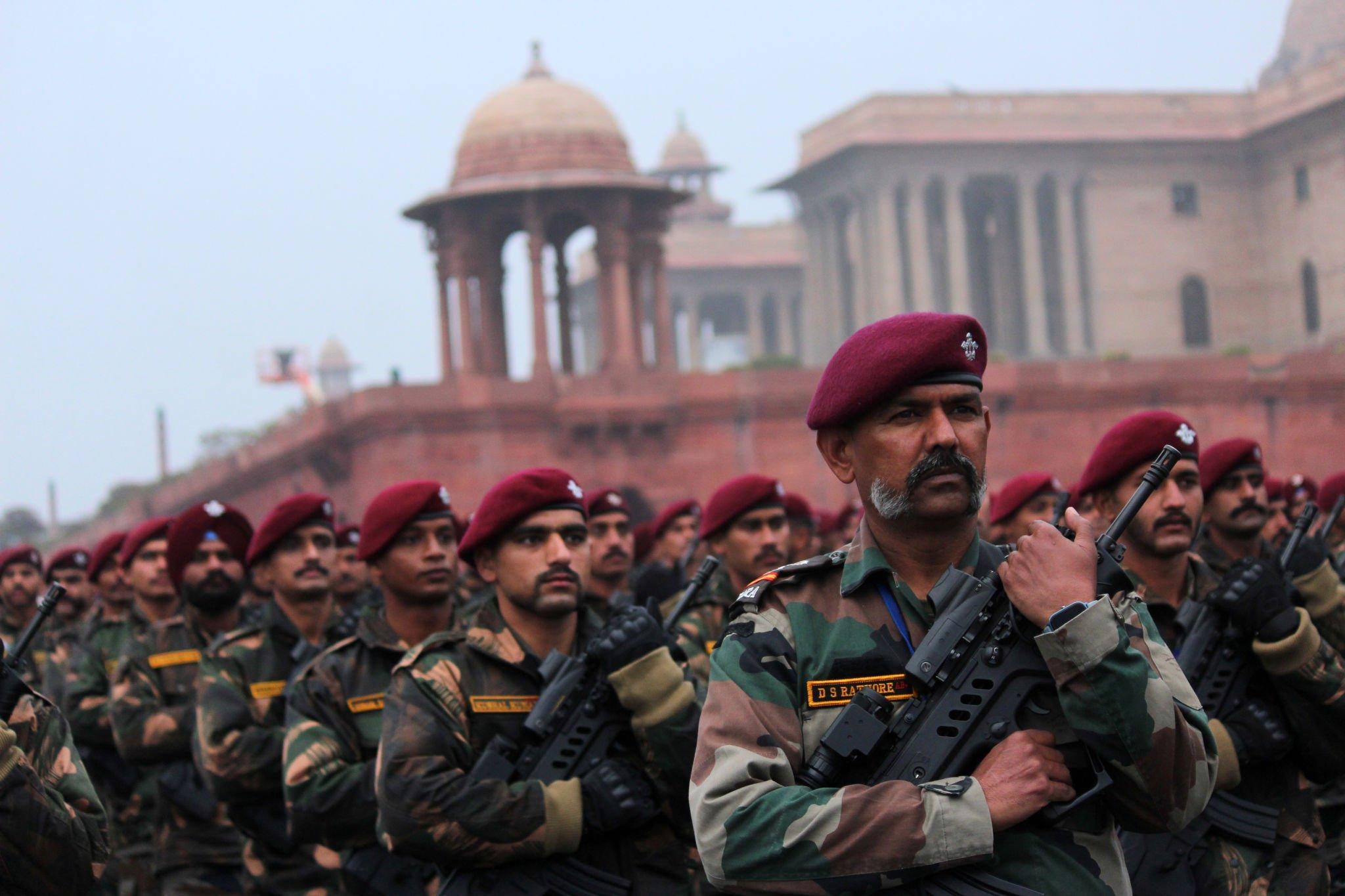
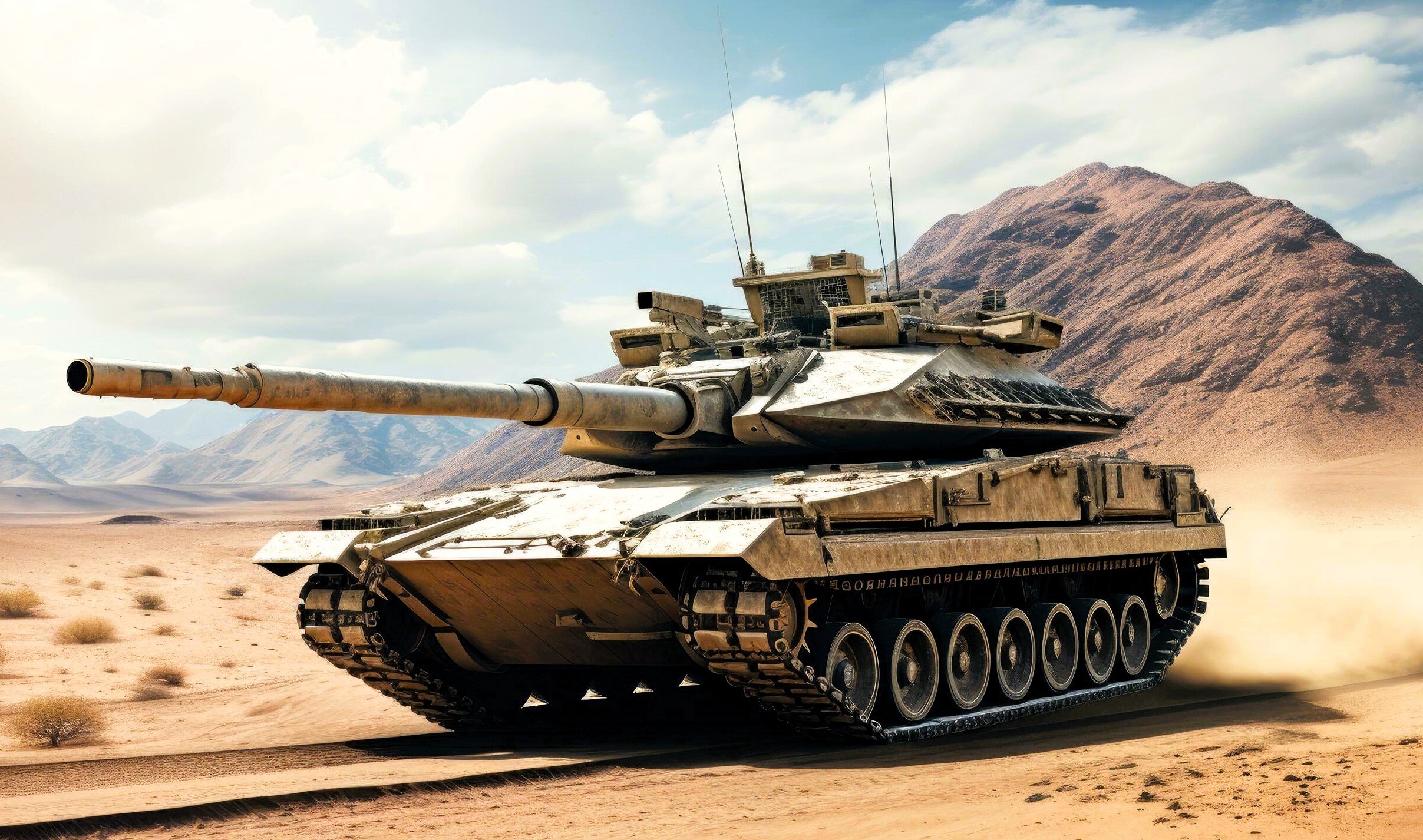
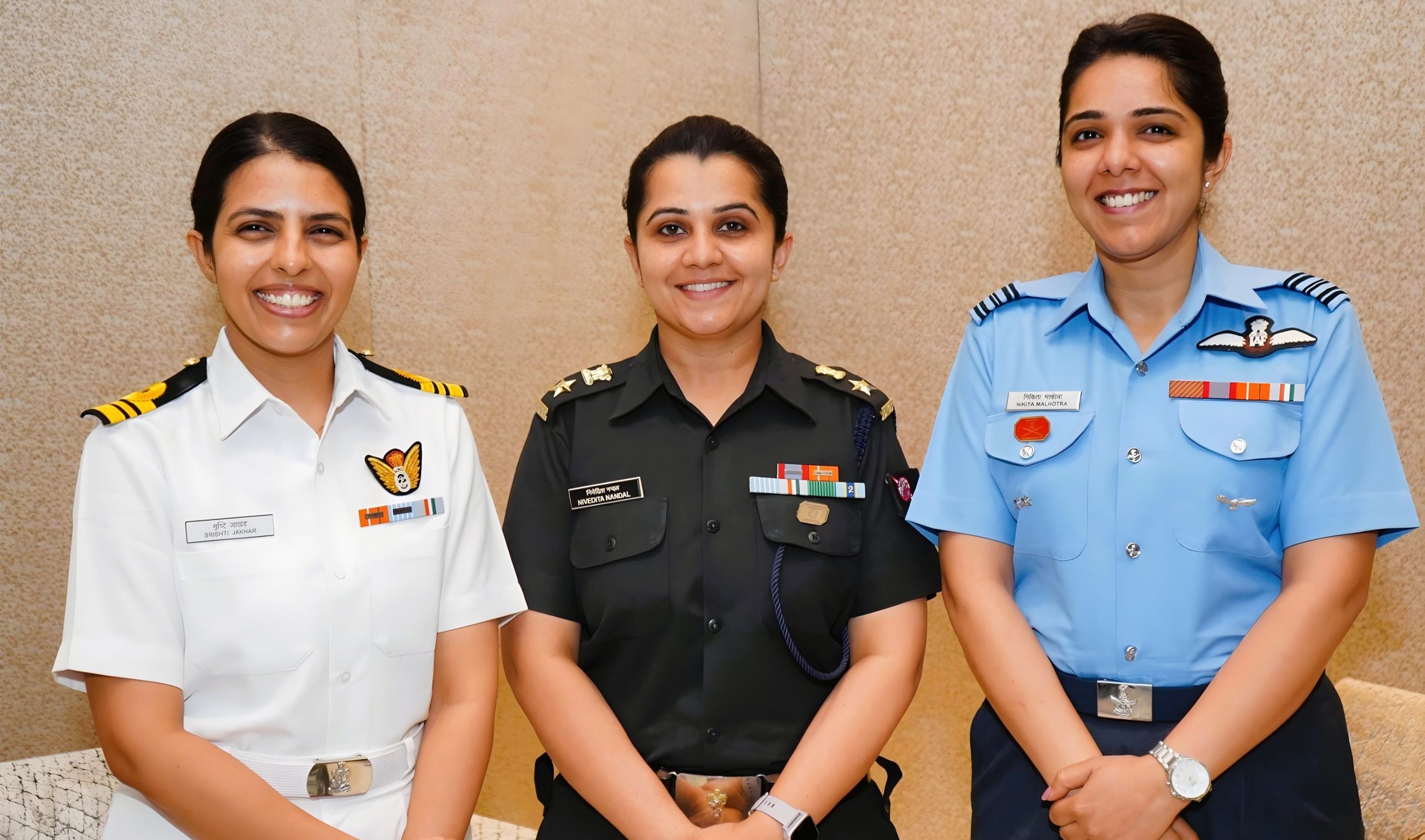
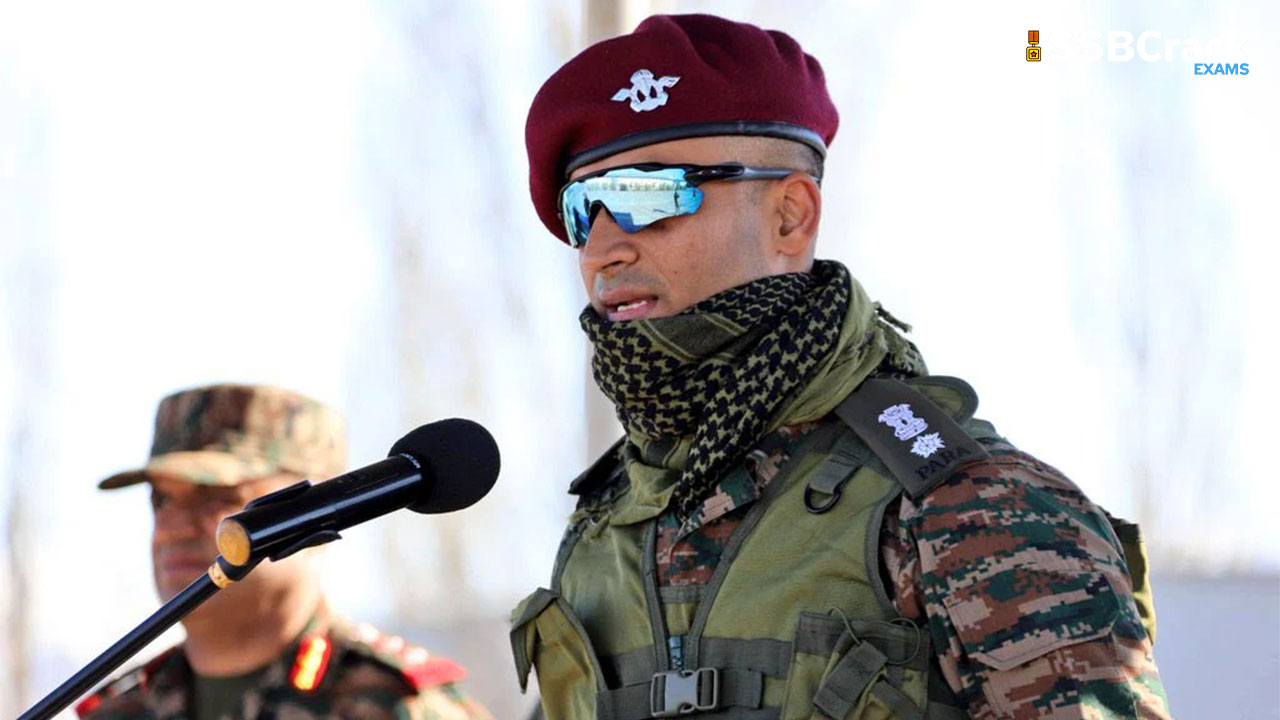

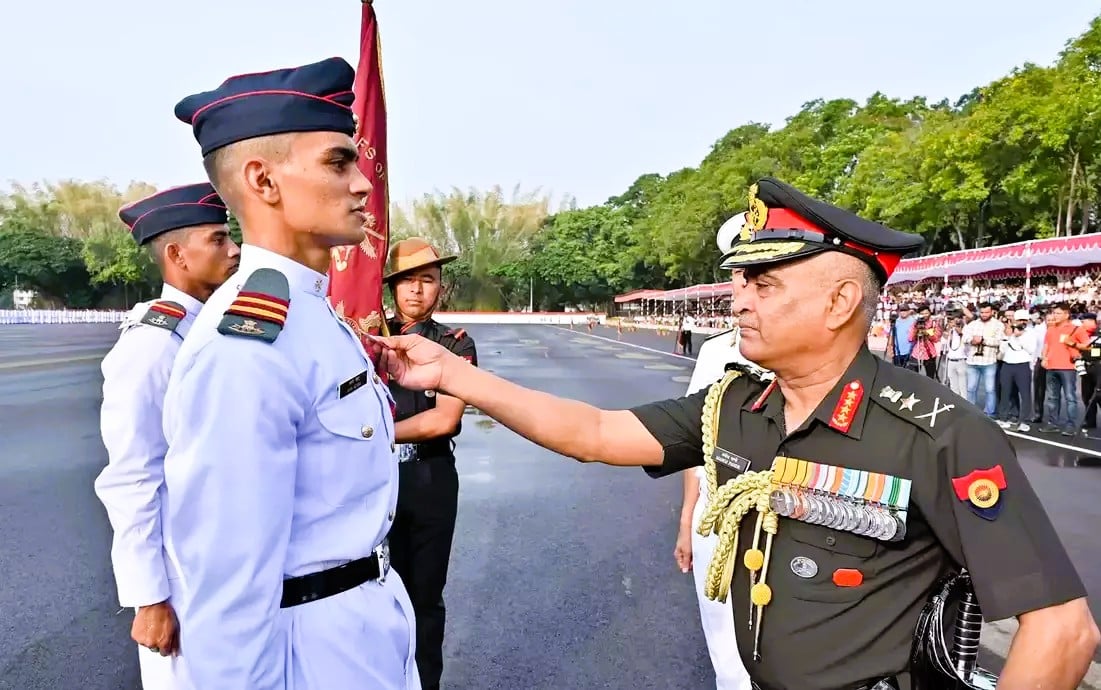
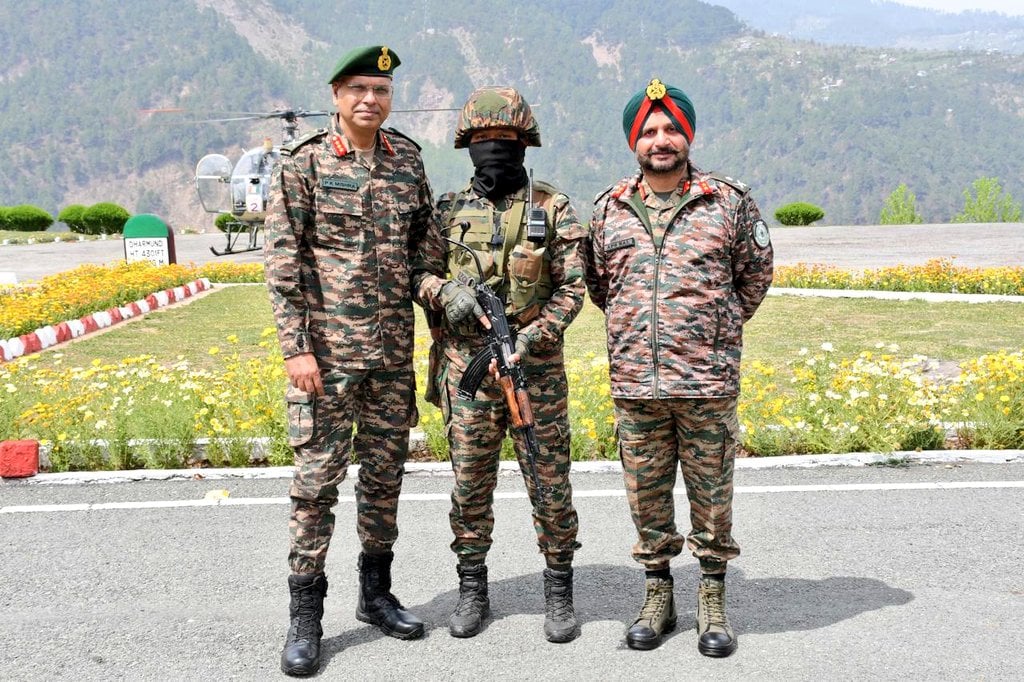
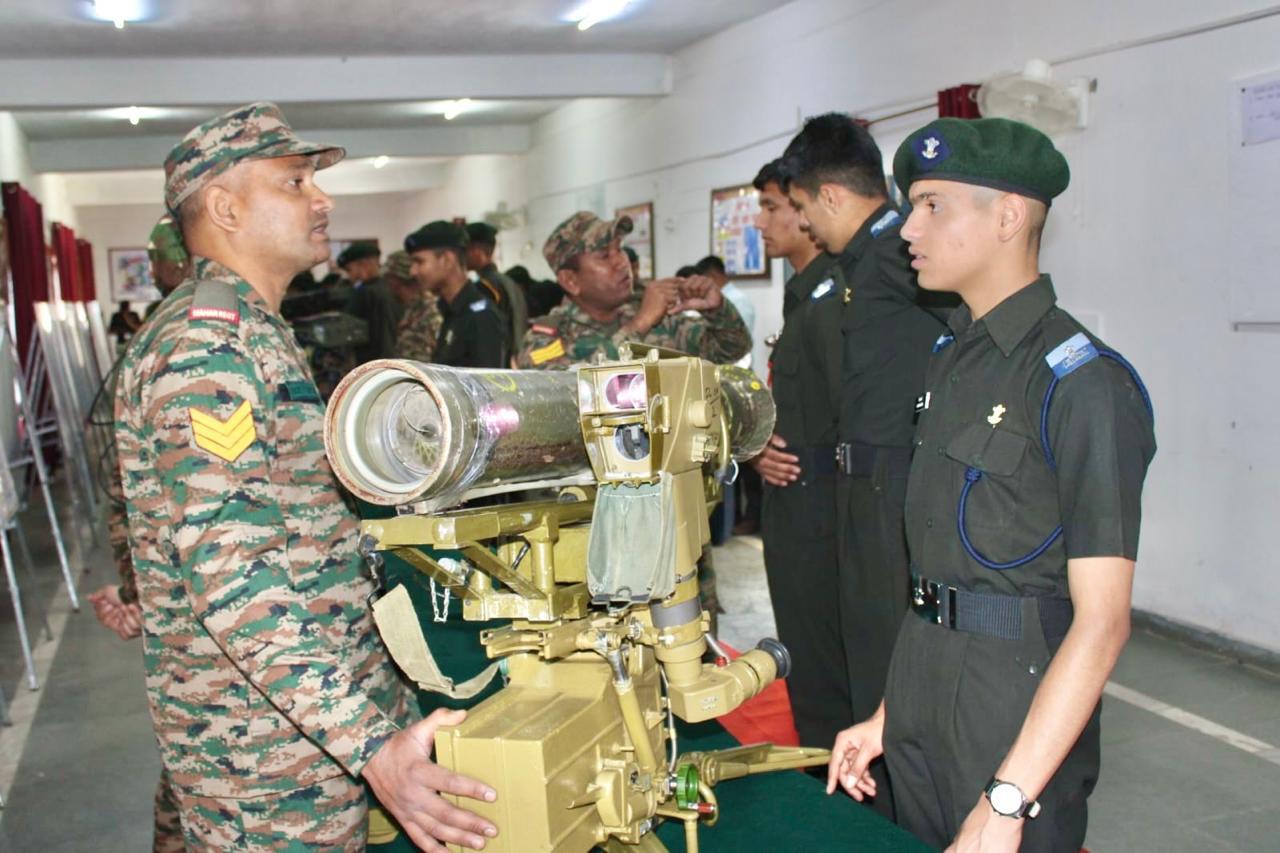
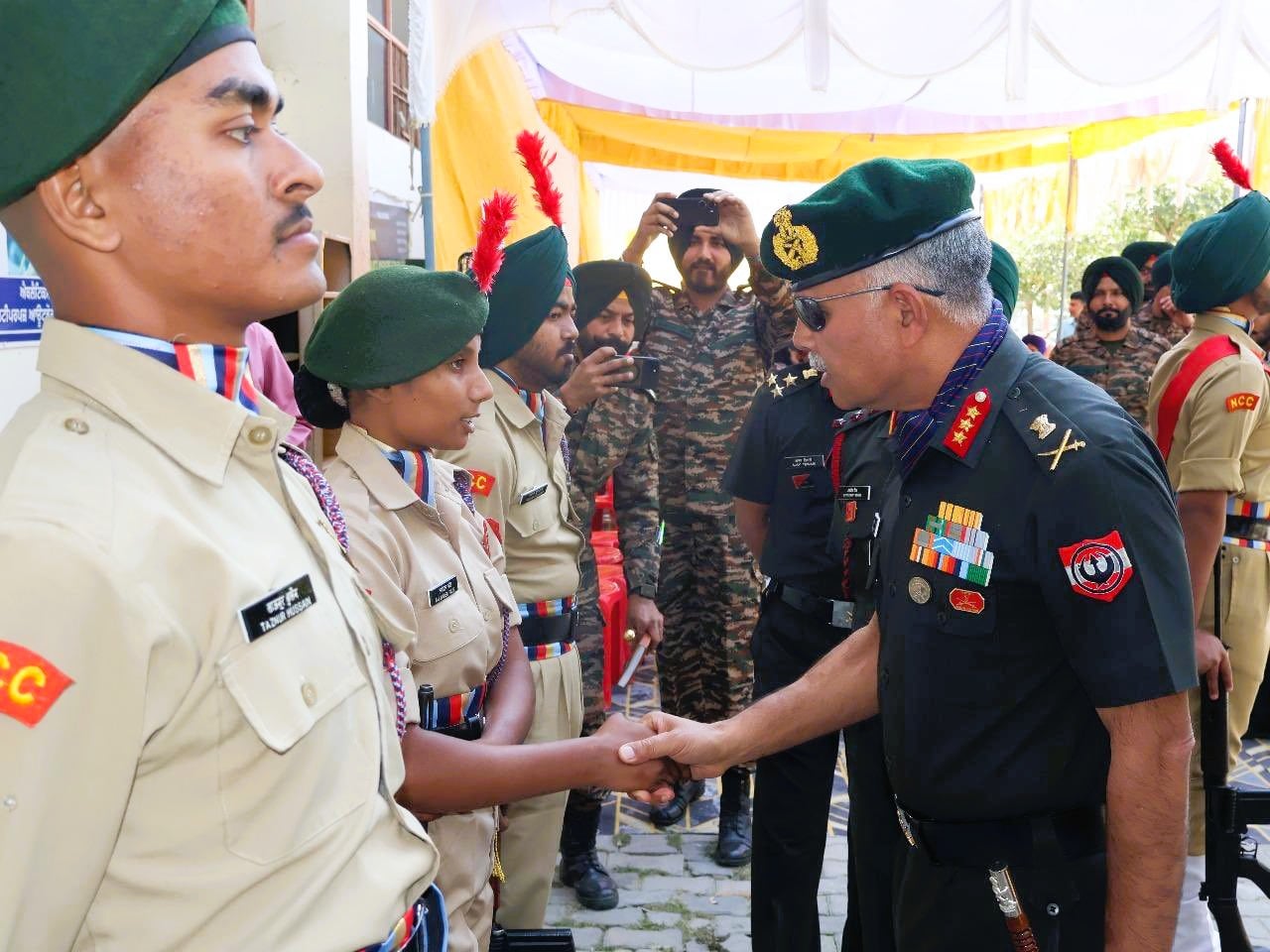
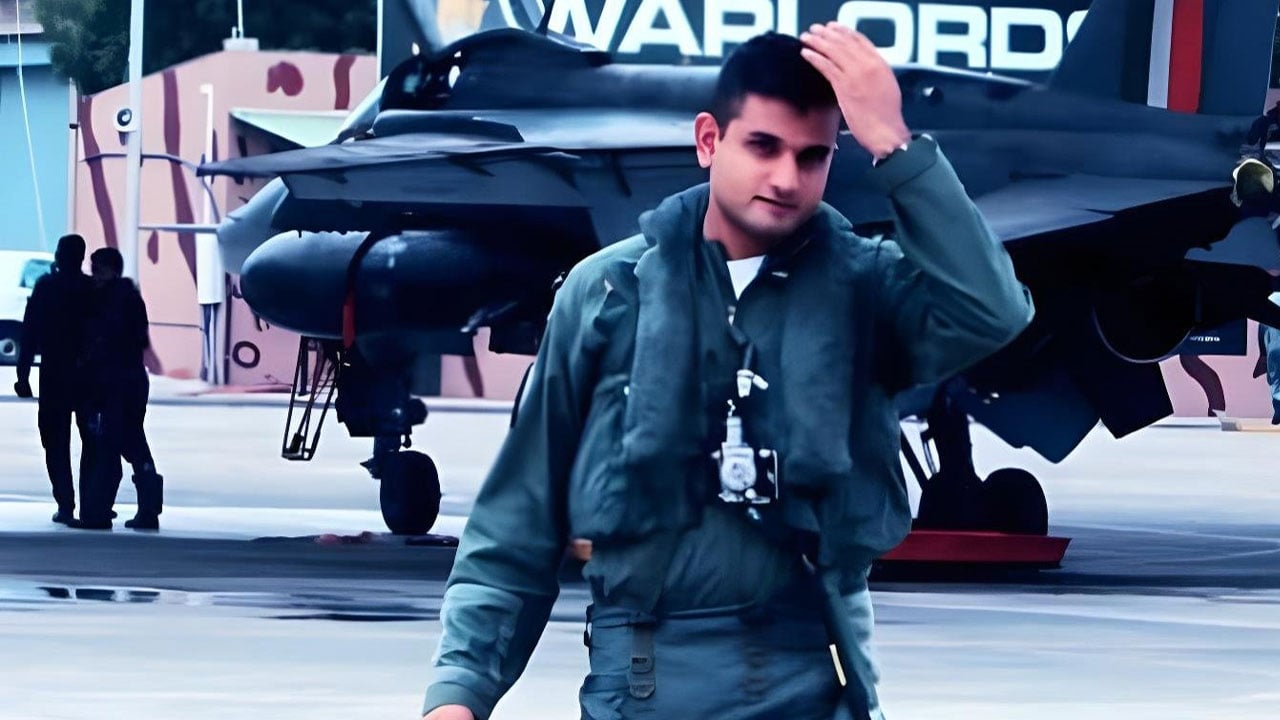
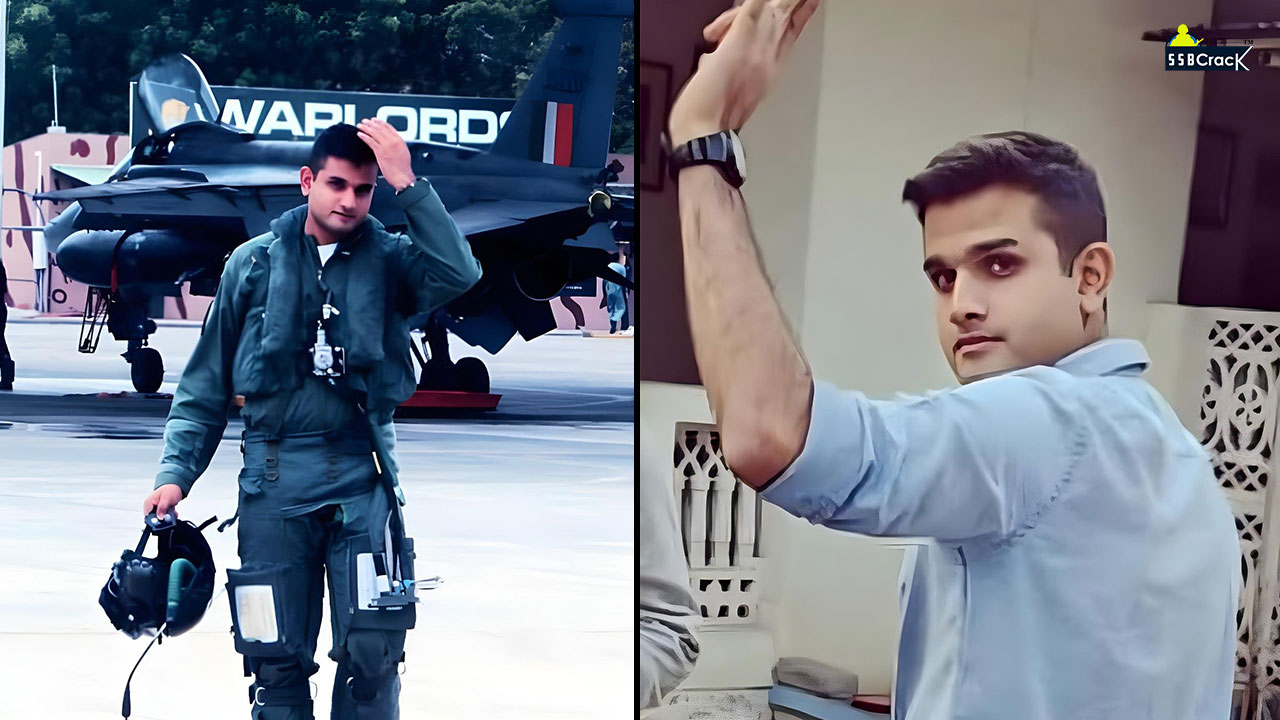
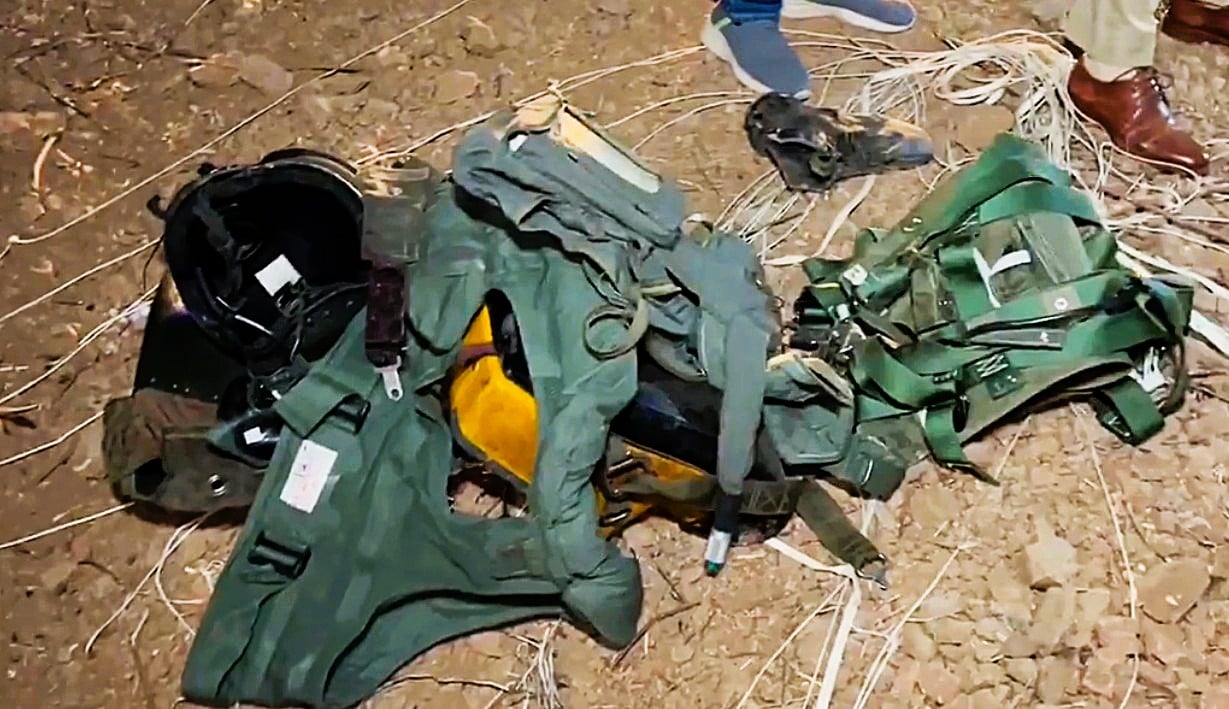
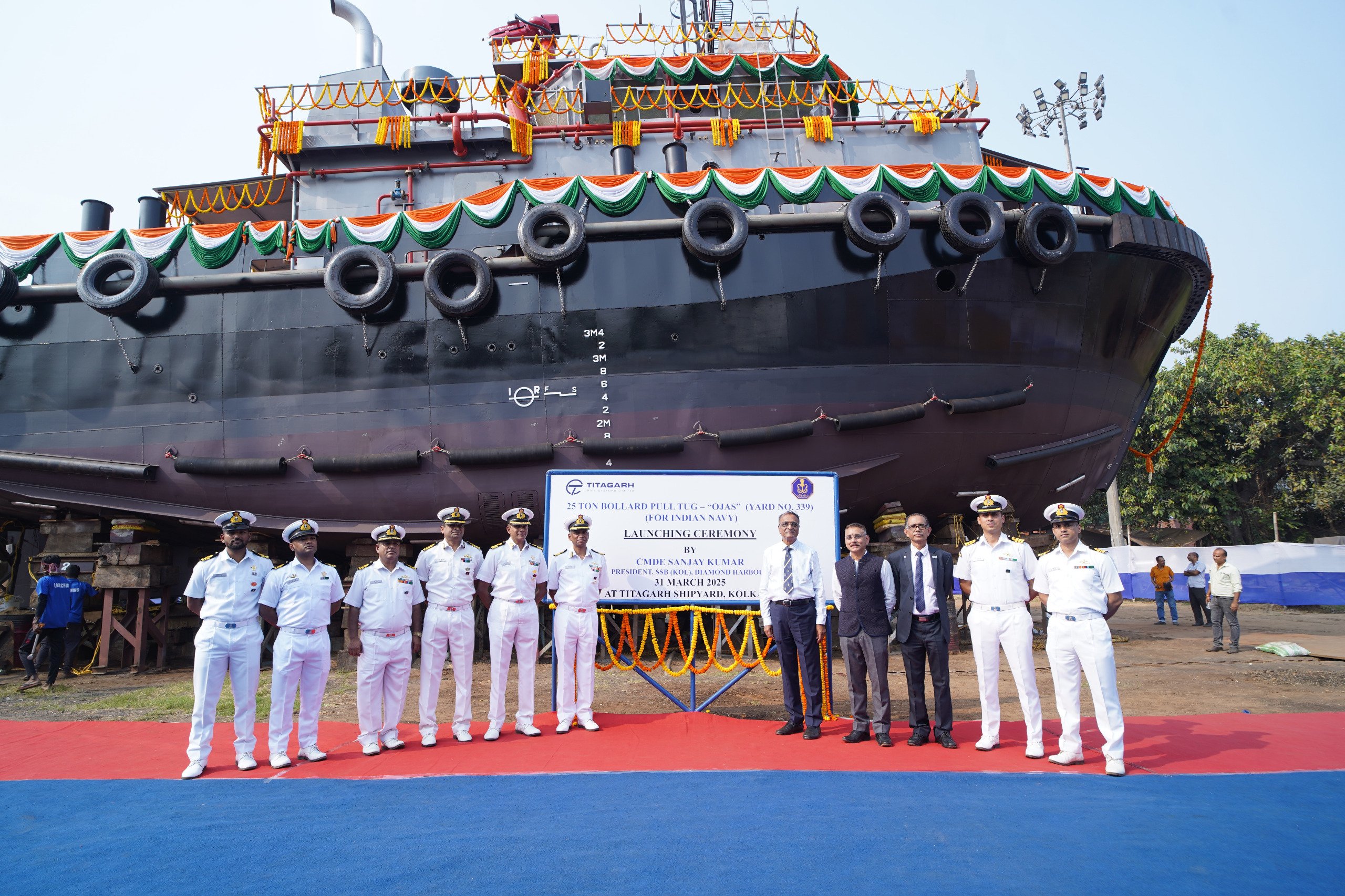

Territorial army joing
Help me please
Give me one reason after reading all this why would a youngster would even think of joining the forces…#ReallySad
That’s the difference, brother ,to a individual who desires to join force, this very peice is a great source of motivation.